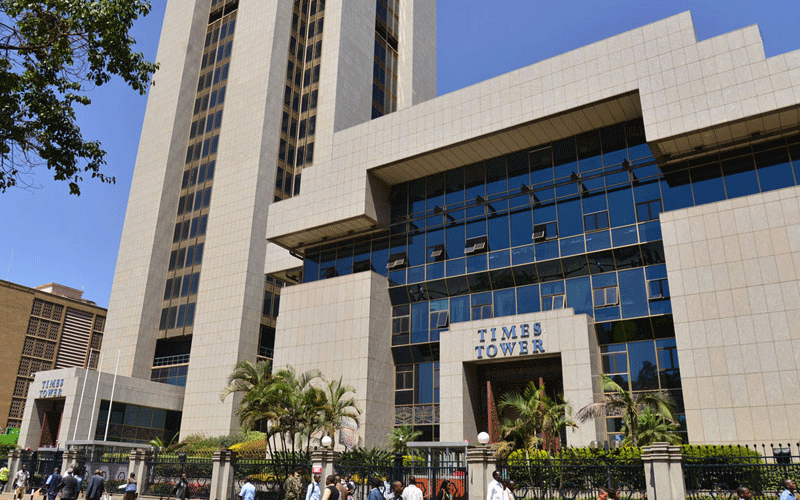KRA mulls further tax base expansion to boost revenue

Steve Umidha @UmidhaSteve
Kenya Revenue Authority (KRA) has disclosed plans to expand its tax base in order to yield more revenue in the current financial year.
The move comes just days after it said it had collected Sh144.6 billion in March, the highest revenue performance rate since the beginning of the financial year.
It registered 11.2 per cent revenue growth, collecting a surplus of Sh6.6 billion in March 2021, compared to Sh 127.7 billion it collected in February.
This was the fourth month in a row that the taxman posted an improved and above target performance since December 2020.
It attributed the improved performance to the sustained implementation of compliance efforts, revenue enhancement initiatives and improved service delivery to taxpayers.
As a result, KRA now says it will implement a number of new revenue enhancement measures including revamping the audit function, tax base expansion and enhanced debt programme in order to boost chances of meeting its collection targets.
Comprehensive audit
The tax agency further plans to begin the implementation of post clearance audits, comprehensive audit of all exemptions, enhanced scanning and intelligence led verification of cargo at the ports of entry to meet its targets.
“We are implementing a number of revenue enhancement measures as we continue to leverage on technology to enhance efficiency in revenue collection.
With enhanced operational efficiency, the Authority is optimistic that the landscape of revenue mobilisation and collection in this country will be completely changed,” KRA said in a statement.
The taxman had in January unveiled a Voluntary Tax Disclosure Programme that sought to waive penalties accrued for individuals who failed to disclose any tax that was due over the last five years, as long as they pay the principal amount this year.
National Treasury, through the Finance Act 2020, introduced the measure that was meant to offer affected taxpayers relief on penalties and interest on any tax liability disclosed in respect to the five years running to June 2021.
While announcing the voluntary tax disclosure programme, KRA indicated that the government expected the plan to help enhance tax compliance as well as serve as a relief to taxpayers affected by the challenging economic times brought about by the global Covid-19 pandemic.
The recently announced Covid-19 containment measures has already seen firms scale down operating hours, which has in turn hit their sales resulting in reduced earnings.
As a result, companies have opted to control their operating costs by trimming their workforce, again, chopping salaries and effecting unpaid leave policies whose impacts are still felt in the New Year.
An estimated 287,481 Kenyans lost their jobs in the first three months between March and June last year because of the pandemic disruptions, according to data by the Kenya National Bureau of Statistics (KNBS), with more layoffs taking place in the successive months as the effects of the pandemic continued to hit home.
With a positive forecast on the economic growth which is projected to bounce back at 6.4 per cent in 2021 from the projected growth of 0.6 per cent in 2020, KRA remains positive on the response of revenue to the economic resurgence.
The slump in revenue receipts was worsened by tax reliefs offered by the Treasury from April last year to cushion businesses and workers from the economic shocks of Covid-19 pandemic.
KRA had also at the beginning of the year announced a minimum rate tax of one per cent of the gross turnover effective January 1.
The tax shall be payable by the 20th day of the 4th, 6th, 9th and 12th month of the accounting period.
Additional exemptions
However, the Tax Laws (Amendment) No.2 Act, 2020, introduced the following additional exemptions from Minimum Tax: Persons engaged in business whose retail price is controlled by government and Persons engaged in insurance business.
Kenya Revenue Authority has been under pressure to meet its collection targets after consistently missing set goals set on its behalf by the National Treasury.
The agency missed its tax collection target by Sh186.3 billion between March and December last year.












